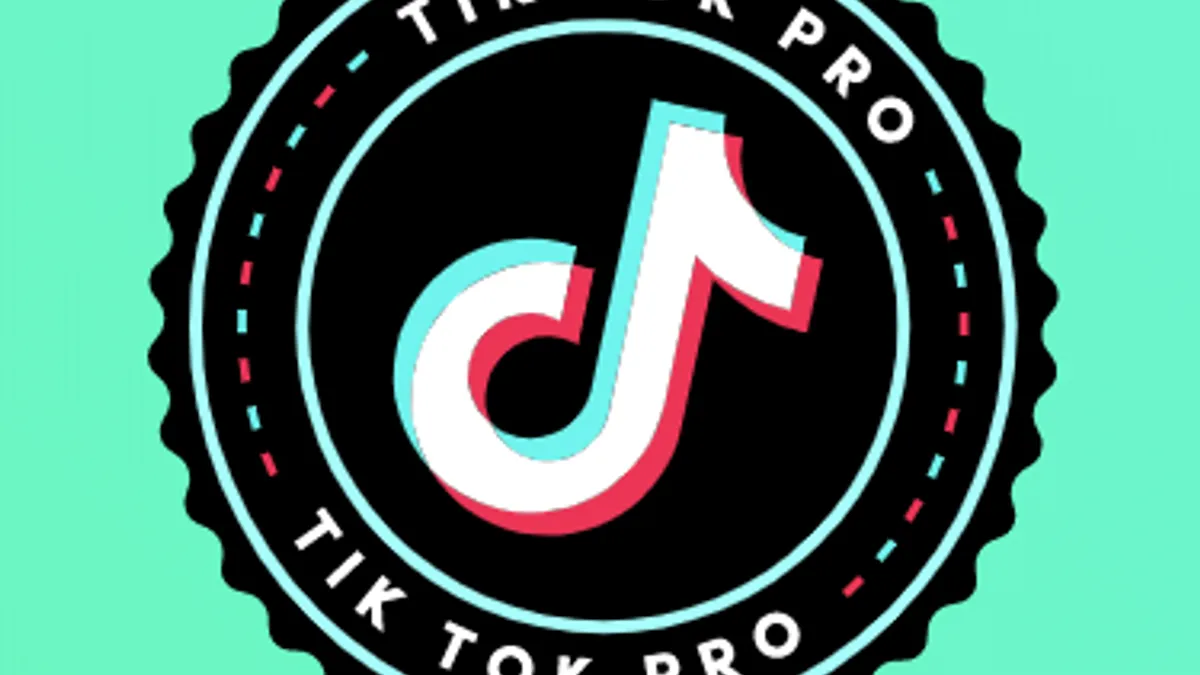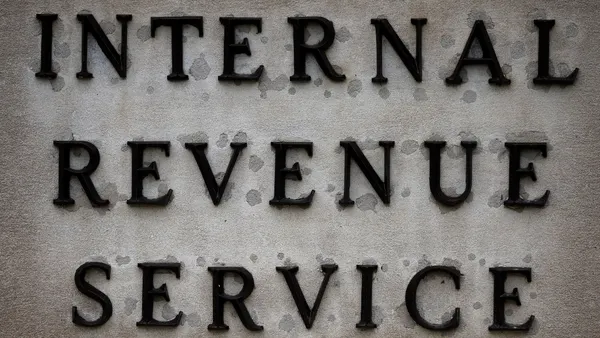The furor that led Oracle and Walmart to propose the partial Americanization of Chinese social media app TikTok is the latest and perhaps most glaring example of the growing politicization of M&A.
President Donald Trump earlier this year called for an American company to buy TikTok's U.S. operations, or else the app would be banned on national security grounds.
Under a deal Trump has approved in concept, Oracle and Walmart would buy a 20% stake in a newly created company, TikTok Global, which would own the social media app's U.S. business. That company would go public in a few years. The role of ByteDance, TikTok's parent, remains unclear; 40% of the Chinese company's ownership is American.
Trump contends TikTok's majority-Chinese ownership is a security risk because of the app's collection of its 100 million U.S. users' data. The move marks one of the first instances in which a consumer entertainment business raises national security concerns.
Political points
Mergers and acquisition attacks from national figures, including Trump and Sen. Elizabeth Warren (D-MA), have filtered down the political food chain, said Patrick Tucker, head of M&A and activism for PR and investor relations firm Abernathy MacGregor.
Before TikTok hit the news, lawmakers and regulators were getting involved in M&A deals far more frequently. In the first quarter of the year, before the impact of the pandemic was fully felt, deals were down 50% in the U.S., Dealogic data shows. It is unlikely much of that drop would be attributable to political interference, but there's no doubt lawmakers want to see deals get more scrutiny, Tucker said in a blog post.
"Politicians do not need to make policy to have an impact," Tucker said. "Noise" alone can pose major challenges. [An increase in anti-merger] proposals are merely the latest indication that challenging M&A is increasingly seen as good politics."
Tucker said to expect more pushback against deals at all levels of government.
"Notably, state attorneys general have taken a far more active role in reviewing and even challenging transactions," he said. "We expect other regulators will also see value in more active (and more public) scrutiny of deals."
The greater attention a deal gets, he said, the more likely a regulator will ask more questions, propose remedies or lengthen the process.
"When political pressure doesn't result in the end of a deal, it can cost the participants time and money," he said.
In an email, Tucker has advice for CFOs of companies being acquired, or buying a business, amid political pushback:
- Be patient. CFOs like certainty and predictability, neither of which politics offers. It is important to stay patient to see a process through and withstand the urge to react to every bombardment.
- Communicate investments in stakeholders. M&A is traditionally about satisfying investors. The intersection of politics and M&A is forcing a more focused conversation on how the company serves other stakeholders such as communities and employees.
- No layoff commitments. To avoid local fallout from proposed deals, CFOs at participating companies and their funders may want to consider including a no-layoffs commitment through a certain date; pay and benefits protection; and new community initiatives.
- Know your weaknesses. A politics and M&A collision can create reputational risk. Know what kind of reputational harm you and the management team can withstand before being pressured to shift course.
Impact of political views
A CFO with a personal political bent could hurt their company, Nitin Kumar, a consultant on more than 1,000 mergers and acquisitions over the years, said.
The CFO's primary responsibility in deals is to create or protect shareholder value, but, sometimes, their personal views contradict a deal, Kumar said.
"The waters get murky when a CFO has a very strong political orientation," he said. "Personal political orientation can color judgment on the creation of shareholder value."
The TikTok M&A is exceptional for the heat it has generated, but not for its business substance, Kumar said, noting Apple, Google and others have done thousands of deals with China over the last 20 years.
"No questions were ever asked until the economy turned bad and the pandemic was rooted in China," he said, adding the coming election may also have made TikTok a flashpoint.
Kumar pointed out another complexity that makes politicization difficult to handle with TikTok and other companies involved in recent M&As: they're platforms for commerce, not goods. That's a change for regulators, who are more accustomed to looking at deals involving companies that make products.











